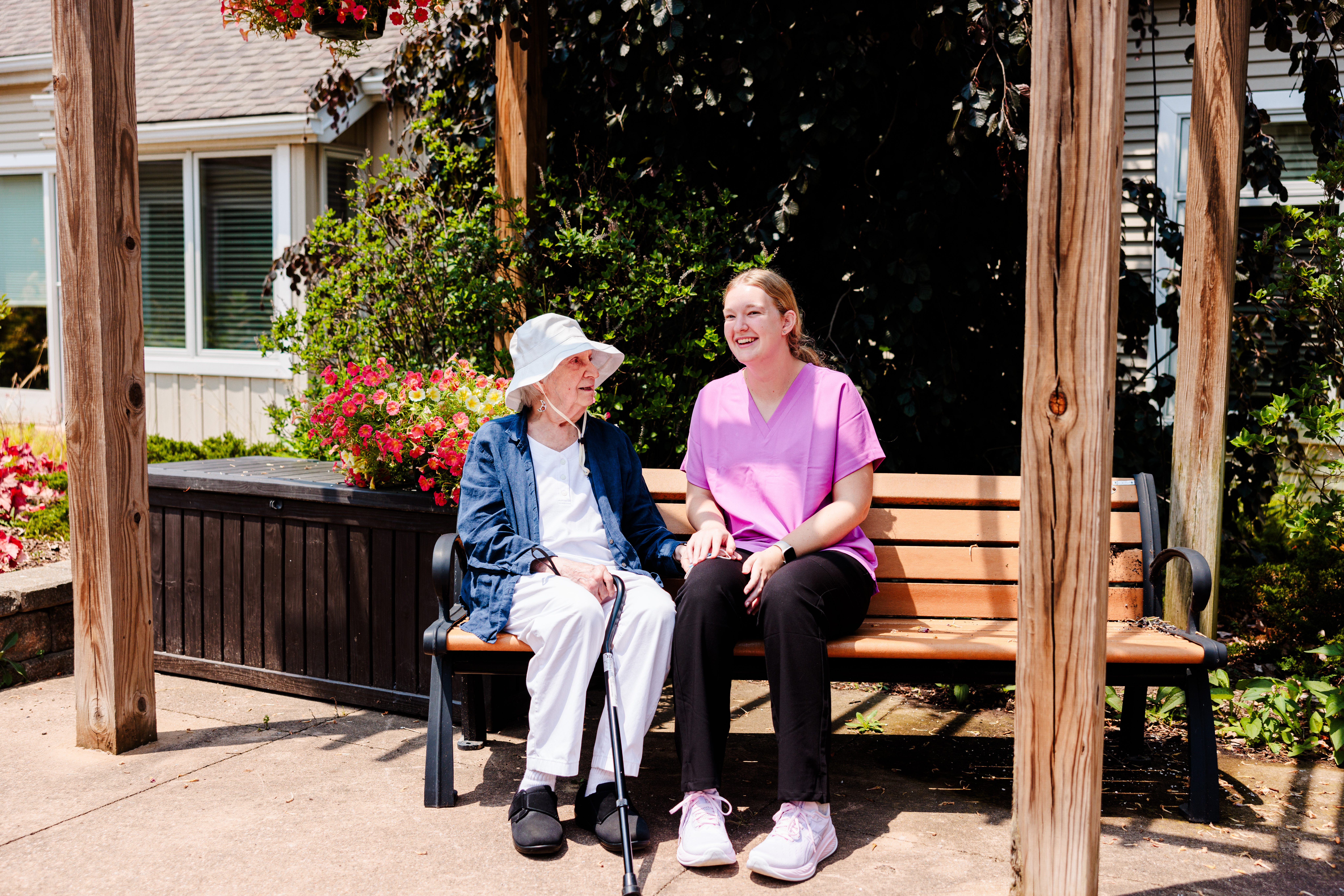Strut Your Stuff
by Linda Feagler | Oct. 13, 2008 | 4:00 AM
But when it comes to walking the walk … well, let’s just say that after an endless day of meetings, phone calls and carpooling, there’s nothing like settling in with a pint of Ben & Jerry’s and tonight’s “Seinfeld” rerun.
Although she nods sympathetically, Julie Isphording isn’t buying it. The 1984 Olympian and member of the first-ever Women’s Olympic Marathon Team has made it her mission to get people moving. Her new book, “Get Healthy, Get Happy” (Clerisy Press), offers incentives for declining that urge to recline.
“For one hour, you’re going to think about you. For one hour, you are going to reintroduce yourself to a body you’ve always found something wrong with, and discover what’s right with it,” the Cincinnati resident says.
“When people walk, they can feel how strong they’re getting, how they can breathe deeper, how their endurance builds. Walking is one of the easiest, safest, most enjoyable ways to keep in shape, manage your weight, tone your muscles, improve overall health, increase the quality of your life, reconnect with nature and spend time with friends and pets.
“Now,” she adds with a laugh, “tell me about that couch again.”
For Isphording, the beauty of this most basic of exercises lies in its simplicity.
Except for a good pair of shoes (she advises buying them at a specialty store, where the staff can measure your feet to ensure a proper fit) and light-colored or reflective clothing made of a breathable fabric that wicks away moisture (which should be worn in layers that can be peeled off as you heat up), no complex equipment is required to reap the benefits of taking one step at a time.
Isphording recommends easing into a walking routine by starting with 30 minutes a day four days a week, and adding an additional 15 minutes on the weekend. Walkers should, she says, strive for a pace that lets them pass “the talk test” — movement at a rate that’s vigorous, yet allows for conversation with an exercise buddy.
“Remember,” she says, “ this is your time to play.”
— Linda Feagler
Trending
-
1
-
2
-
3
-
4
-
5










